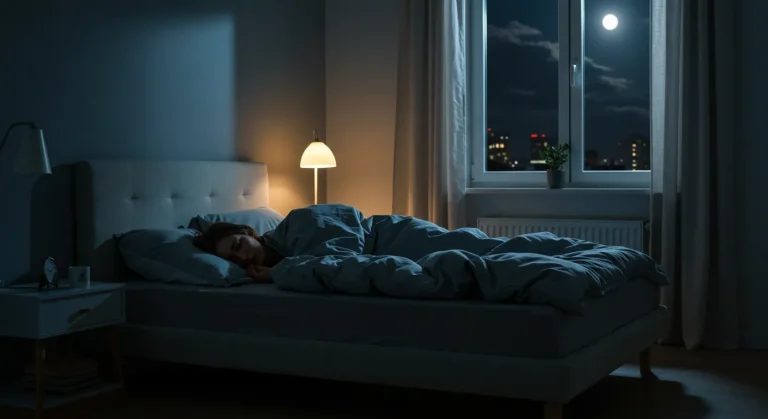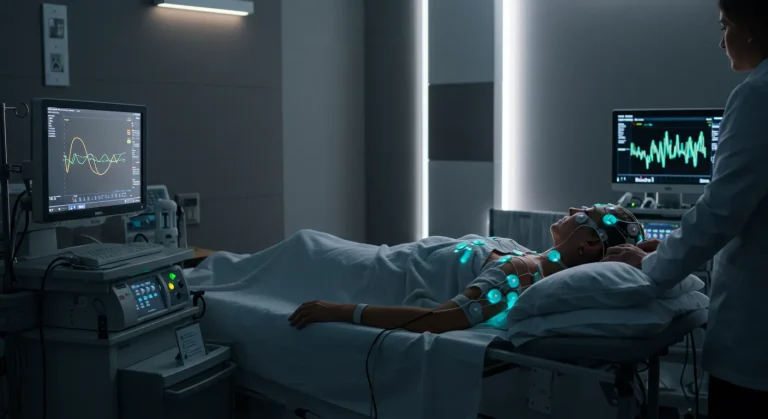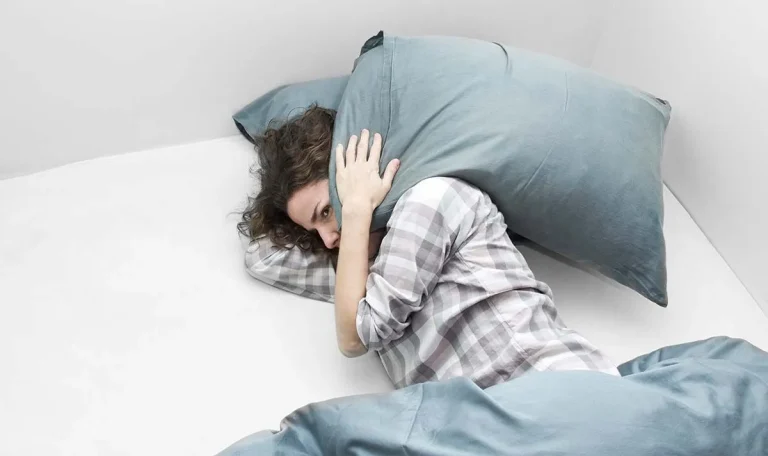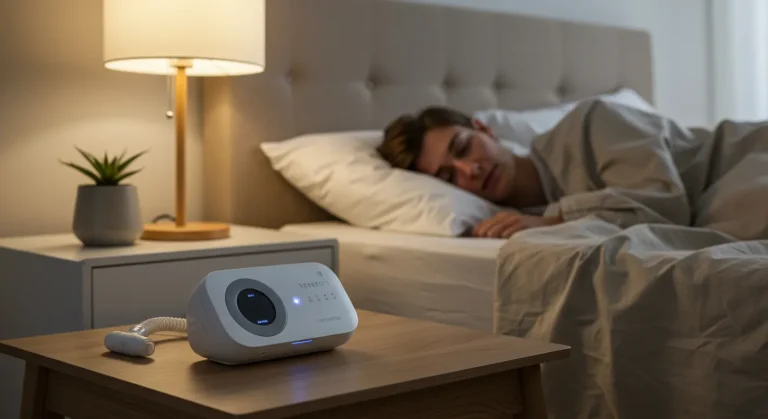Can Sleep Apnea Be Cured? Exploring Treatment Options
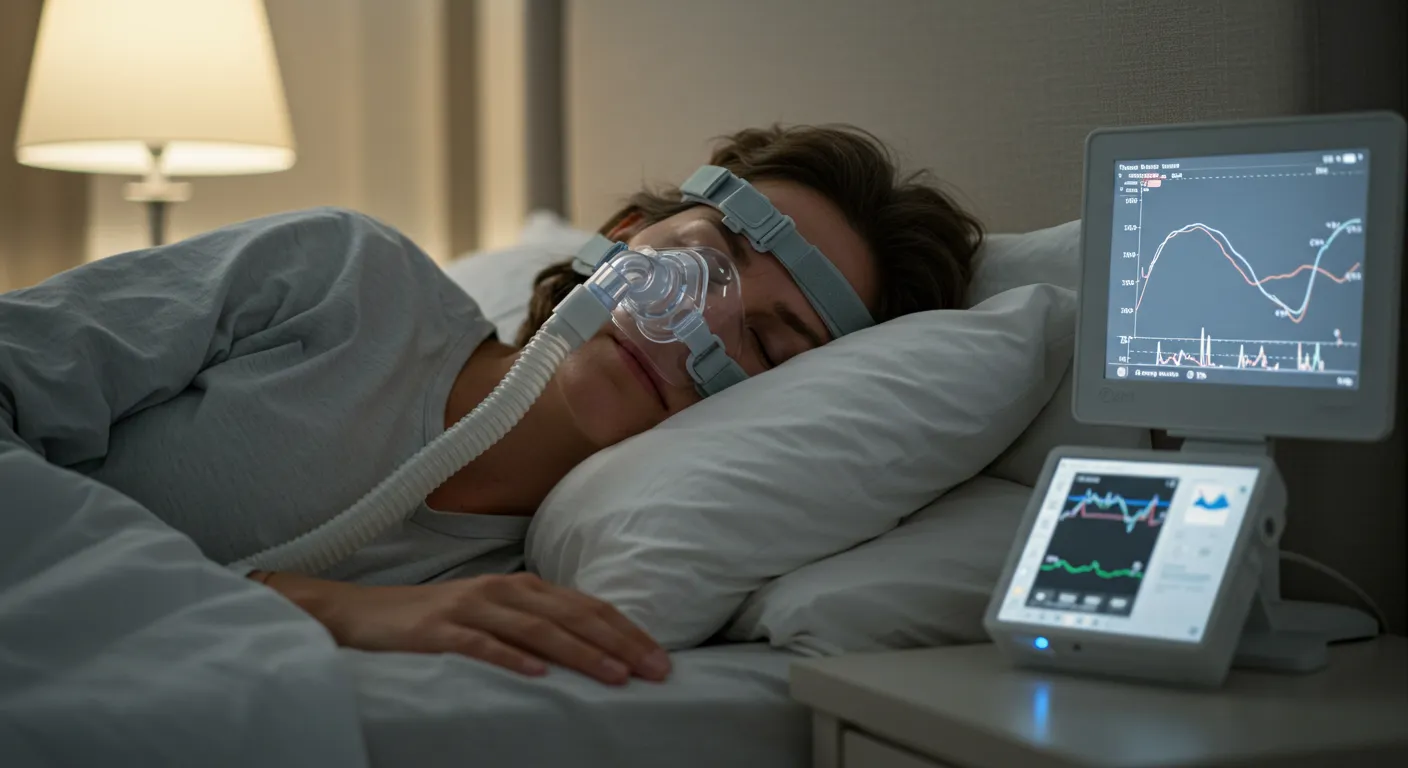
At Vector Sleep Clinic, we understand the frustration and exhaustion that comes with sleep apnea. If you’re reading this, it’s likely because you’re seeking answers to a crucial question: Can sleep apnea be cured? The fact is, you’re not alone. Millions of people around the world struggle with this condition, affecting not only their sleep but also their overall health, daily performance, and quality of life. But don’t worry, there’s hope, and we’re here to guide you through it.
Sleep apnea may not always have a “one-size-fits-all” cure, but with the right treatment, it can be managed, alleviated, and even significantly improved. At Vector Sleep Clinic, we specialize in diagnosing and treating sleep apnea with tailored solutions that put you on the path to better sleep, better health, and a more vibrant life. In this guide, we’ll explore the treatment options available and help you understand what you can do to take control of your condition. Let’s dive in!
Can Sleep Apnea Be Cured? A Clear Understanding of the Condition
Sleep apnea is a serious sleep disorder where breathing repeatedly stops and starts throughout the night. It’s more than just snoring—it’s a condition that can have significant impacts on your health, including increased risk for heart disease, stroke, and high blood pressure. While sleep apnea can’t always be “cured” in the traditional sense, the good news is that it can be effectively treated and managed, leading to a dramatic improvement in your quality of life.
At Vector Sleep Clinic, we approach each case of sleep apnea individually, offering customized solutions based on the severity of your condition, your lifestyle, and your health goals. Whether you experience mild, moderate, or severe sleep apnea, we’re here to help you navigate the most effective treatment options for your unique needs.
Understanding the Types of Sleep Apnea
The first step in tackling sleep apnea is understanding which type you’re dealing with. The most common types are:
- Obstructive Sleep Apnea (OSA): The most prevalent form, caused by a blockage of the upper airway when the throat muscles relax during sleep.
- Central Sleep Apnea: This occurs when the brain fails to send the proper signals to the muscles that control breathing.
- Complex Sleep Apnea Syndrome: A combination of both obstructive and central sleep apnea.
By pinpointing the specific type of sleep apnea you have, we can better determine which treatment options will work best for you.
Treatment Options for Sleep Apnea
While there is no universal “cure” for sleep apnea, there are several highly effective treatments that can significantly improve your symptoms. At Vector Sleep Clinic, we offer a variety of therapies, from lifestyle changes to advanced medical interventions. Let’s explore some of the most common options.
CPAP Therapy: The Most Common and Effective Treatment for OSA
For many patients with obstructive sleep apnea, Continuous Positive Airway Pressure (CPAP) therapy is a game-changer. This non-invasive treatment involves wearing a mask over your nose and/or mouth while you sleep. The CPAP machine gently blows air into your airway, keeping it open and preventing it from collapsing during sleep.
While CPAP is incredibly effective, it’s important to remember that proper mask fitting and device settings are crucial for success. At Vector Sleep Clinic, we specialize in providing tailored CPAP setups, ensuring that you receive the most comfortable and effective treatment.
Lifestyle Changes to Help Manage Sleep Apnea
Sometimes, small adjustments in your daily life can have a profound impact on your sleep apnea symptoms. These lifestyle changes often work in conjunction with other treatments to provide optimal results:
- Weight Loss: For individuals with excess weight, shedding pounds can help reduce the severity of obstructive sleep apnea.
- Exercise: Regular physical activity helps strengthen the muscles that support your airway.
- Positional Therapy: Sleeping on your side instead of your back can help alleviate certain forms of sleep apnea.
- Avoiding Alcohol and Sedatives: These substances relax your muscles, which can exacerbate sleep apnea.
Incorporating these habits can dramatically improve your sleep apnea management, sometimes reducing the need for more invasive treatments.
Oral Appliances: A Non-CPAP Option for Mild to Moderate OSA
Oral appliances, also known as mandibular advancement devices (MADs), are custom-made mouthpieces that reposition the lower jaw and tongue to keep the airway open during sleep. These are particularly effective for people with mild to moderate obstructive sleep apnea and can be an excellent alternative for those who struggle with CPAP therapy.
At Vector Sleep Clinic, we provide state-of-the-art, custom-fitted oral appliances designed to fit your mouth comfortably while providing effective relief from sleep apnea symptoms.
Surgery: An Option for Severe Cases
In certain cases where other treatments have failed, surgery may be necessary to correct structural issues in the airway. Surgical options can include:
- Uvulopalatopharyngoplasty (UPPP): Removing excess tissue from the throat to widen the airway.
- Genioglossus advancement (GA): Repositioning the tongue muscle to keep the airway open.
- Gastric bypass surgery: For obese patients with severe sleep apnea, weight loss surgery can improve symptoms significantly.
These procedures are generally considered when sleep apnea is severe and does not respond to other treatments. If surgery is something you’re considering, we will guide you through your options and discuss potential outcomes.
Can Sleep Apnea Be Cured Naturally?
Many individuals ask if there are natural cures for sleep apnea. While there is no “miracle cure” for sleep apnea, several natural remedies can significantly improve symptoms. These include:
- Dietary adjustments to support weight loss.
- Herbal remedies like valerian root and chamomile, which may promote better sleep quality.
- Nasal strips or saline sprays to help open nasal passages.
Although these approaches might help alleviate symptoms, they should not be relied upon as the sole treatment. It’s important to work with a medical professional—such as the experts at Vector Sleep Clinic—to ensure you’re using the best combination of treatments for your specific needs.
Ready to Take Control of Your Sleep Apnea?
If you’re tired of feeling tired, it’s time to take action. At Vector Sleep Clinic, we offer personalized, compassionate care to help you manage your sleep apnea effectively. Our team of experts is committed to finding the right solution for you, so you can start enjoying better sleep and improved health.
Ready to Take the Next Step with Vector Sleep Clinic?
At Vector Sleep Clinic, we believe in the power of good sleep to transform your life. If you’re ready to take control of your sleep apnea, we’re here to guide you every step of the way. Reach out to us today to schedule your consultation and start your journey toward better sleep and better health.
- Call us at +1 718-830-2800
- Email us at vectorsleep@gmail.com
Sleep well. Live well. Trust Vector Sleep Clinic.
Have More Questions? We’ve Got Answers
What is the most effective treatment for sleep apnea?
The most effective treatment depends on the severity and type of sleep apnea. For obstructive sleep apnea, CPAP therapy is often the most common and effective solution. However, oral appliances, lifestyle changes, and even surgery may be viable options depending on the case.
Can sleep apnea go away on its own?
In some cases, mild sleep apnea may improve with lifestyle changes such as weight loss, exercise, or improved sleep habits. However, sleep apnea typically requires ongoing management and treatment for long-term relief.
Are there any non-invasive treatments for sleep apnea?
Yes! CPAP therapy and oral appliances are two non-invasive treatments that can effectively manage sleep apnea without the need for surgery.
How do I know which treatment is right for me?
At Vector Sleep Clinic, we conduct thorough assessments to determine the severity of your sleep apnea and recommend the most suitable treatment options based on your specific condition and lifestyle.
Is CPAP therapy uncomfortable?
Some people initially find CPAP therapy uncomfortable, but with the right mask and settings, it can be a highly effective treatment. Our specialists at Vector Sleep Clinic will help you find the right fit for maximum comfort and effectiveness.
How can sleep apnea affect my health?
Untreated sleep apnea can lead to serious health issues such as heart disease, high blood pressure, diabetes, and stroke. Managing sleep apnea effectively can significantly reduce these risks.
Can children have sleep apnea?
Yes, sleep apnea can affect children, often due to enlarged tonsils or adenoids. If you suspect your child has sleep apnea, consult with a sleep specialist to explore treatment options.
How long does it take to see improvement with CPAP?
Many people notice improvements in their sleep quality within the first few days or weeks of using CPAP therapy. However, it may take some time to adjust fully to the device.
Can sleep apnea be cured with surgery?
Surgery can be effective in certain cases of severe sleep apnea, especially when other treatments have not worked. Surgical options aim to open the airway by removing excess tissue or repositioning the jaw.
How do I get started with treatment for sleep apnea?
The first step is to schedule a consultation with us at Vector Sleep Clinic. We’ll conduct a comprehensive sleep study to determine the severity of your condition and discuss the best treatment options for you.



